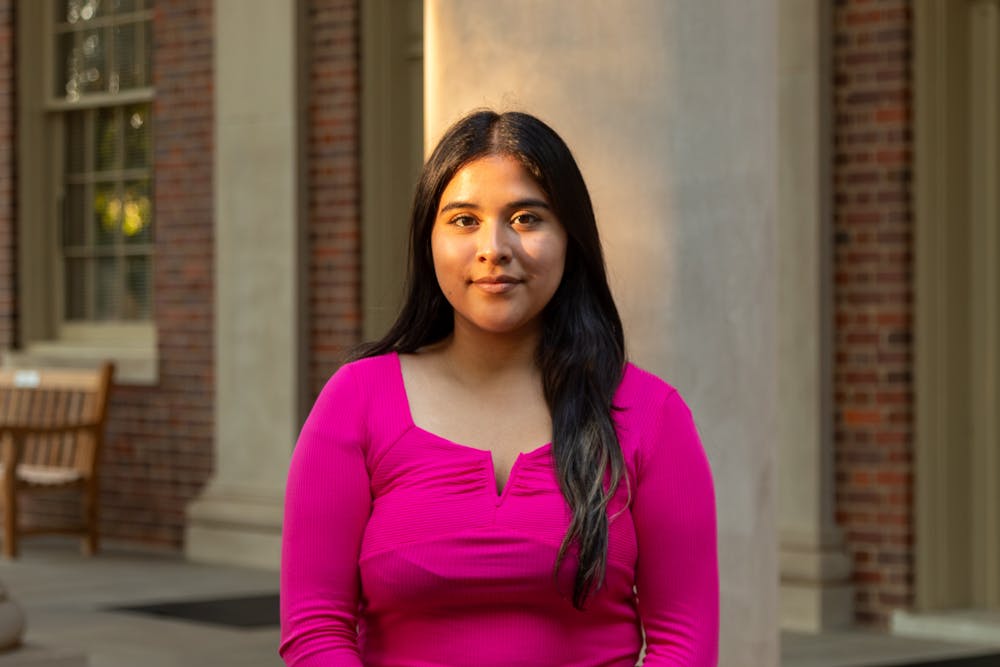On Sept. 13, U.S. District Court Judge Andrew Hanen ruled the Deferred Action for Childhood Arrivals program is illegal. In light of this decision, many undocumented students on UNC’s campus are worried their deferred status may be in jeopardy.
DACA, which was created under the Obama administration in 2012, provides temporary relief from deportation for young undocumented immigrants living in the United States.
Carolina Mendez, the co-vice president of Students United for Immigrant Equality (SUIE) comes from a mixed-status family. Through her peers in her organization, she said she has seen the uncertainty that this ruling has brought firsthand.
“Being a student in college is already hard enough,” she said. “Now imagine ending on the wave of saying ‘Am I always going to have this secured status to continue pursuing my education and enter the workforce later on?’”
This is the third time the program has been ruled illegal and sent to a higher court for a final decision. One of these previous rulings also came from Judge Hanen in 2021.
Professor Rick Su, who teaches immigration law at the UNC School of Law, said the ruling itself doesn’t necessarily mean current DACA recipients will automatically lose their status and educational access at the University.
“What's interesting to know is even though [the U.S. District Court] held that the program was illegal, they have not blocked the entire program,” he said. “What they blocked is new people from signing on to the DACA program, but they have not blocked the existing individuals in DACA and their ability to renew.”
Su also said that DACA recipients, commonly known as DREAMers, are most worried by the uncertainty that the new ruling brings, because future deportations are an unlikely result.
“There is always this question hanging over [DACA recipients] which is: when is this all going to end?” he said. “I think that is the biggest concern in the immediate grounds, I think how it actually plays out with regard to when deportations will begin is much harder to tell.”



